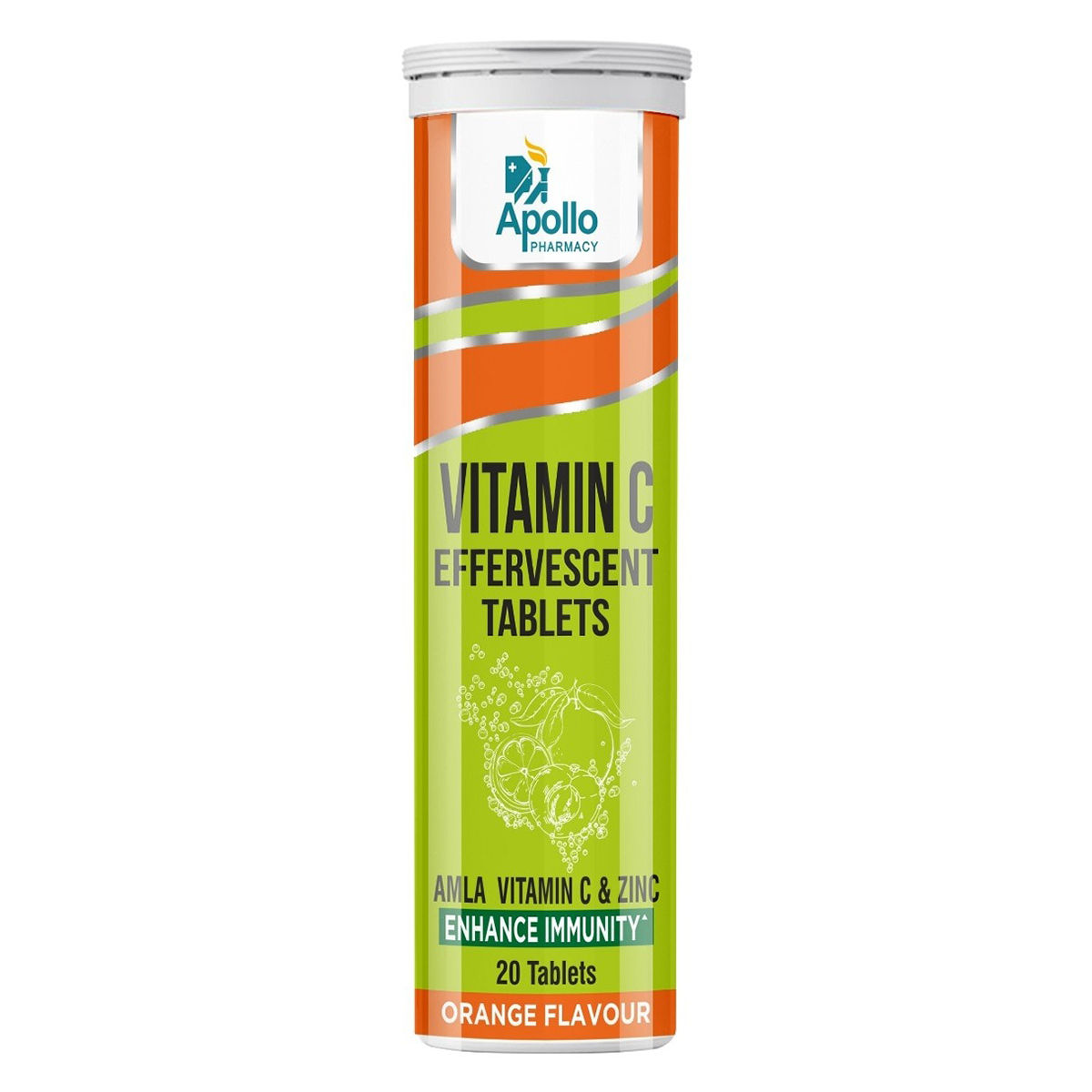Supragent Cream 20 gm
₹45*
MRP ₹50
10% off
₹42.5*
MRP ₹50
15% CB
₹7.5 cashback(15%)
Free Delivery
With Circle membership
(Inclusive of all Taxes)
This offer price is valid on orders above ₹800. Apply coupon PHARMA10/PHARMA18 (excluding restricted items)
Know Your Delivery Time
Provide Delivery Location

Whats That

Secure Payment

India's Most Trusted Pharmacy

Genuine Products
Composition :
Manufacturer/Marketer :
Consume Type :
Return Policy :
Expires on or after :
About Supragent Cream
Supragent Cream is a dermatological antibiotic medication that treats primary and secondary bacterial skin infections. Bacterial skin infection occurs when bacteria penetrate through hair follicles or the skin breaks and infect the skin. Symptoms include redness, pain, and tenderness of the skin, minor bumps or boils, rashes, blisters, cracked/dry skin, swelling, stinging or burning sensation, pus formation, and itching.
Supragent Cream is composed of Gentamicin, an aminoglycoside antibiotic. It prevents the synthesis of essential proteins required by bacteria to carry out vital functions. It has broad-spectrum activity against aerobic Gram-positive and Gram-negative bacteria.
Your doctor will advise the appropriate dose that suits your infection. Supragent Cream is for topical (skin) use only. Common side effects of Supragent Cream include skin irritation, itching, and redness at the application site. These side effects do not require medical attention and gradually resolve over time. If these side effects persist longer, please consult your doctor.
Let your doctor know if you are allergic to Supragent Cream or any other medications. Do not use Supragent Cream on large skin areas, open wounds, blisters and lesions. Please do not cover the affected areas with a dressing or bandage unless advised by a doctor. If Supragent Cream gets into your eyes, nose or mouth, rinse with cold water. Pregnant and breastfeeding mothers should consult the doctor before starting this medication. Supragent Cream should be used in infants over one year of age only when prescribed by a doctor.
Uses of Supragent Cream
Medicinal Benefits
Supragent Cream treats various bacterial skin infections, such as eczema (inflamed, itchy, cracked and rough skin patches), psoriasis (skin cells multiply rapidly to form bumpy (uneven) red patches covered with white scales), dermatitis (itchy inflammation of the skin), infected skin cysts, and insect bites. Supragent Cream consists of Gentamicin (antibiotic). It prevents the synthesis of essential proteins required by bacteria to carry out vital functions. Supragent Cream is also used for treating wet, oozing primary infections and greasy, secondary infections, such as pustular acne or infected seborrheic dermatitis (scaly patches and red skin mainly on the scalp).
Side Effects of Supragent Cream
- Skin irritation
- Itching
- Redness
Directions for Use
Storage
Drug Warnings
Before using Supragent Cream, let your doctor know if you have a history of liver and kidney diseases, viral or fungal infections or allergic reactions to antibiotics. Avoid applying Supragent Cream on sunburns, lesions, blisters and open wounds. Do not wash the treated areas for a minimum of 3 hours after you apply Supragent Cream. Let your doctor know if you plan to become pregnant, are already pregnant or breastfeeding. Supragent Cream is recommended for children above one year of age with a doctor's advice.
Therapeutic Class
Diet & Lifestyle Advise
- Use mild soap while taking baths and prefer warm baths.
- Always wear loose-fitting clothes to avoid further sweat and spreading skin infection.
- Do not walk barefoot at places like gym showers to prevent bacterial infections.
- Do not scratch the affected skin area as it can spread the infection to other body parts.
- Avoid sharing towels, combs, bedsheets, shoes or socks with others.
- Wash your bed sheets and towels regularly.
- Avoid or limit the intake of alcohol and caffeine.
- Manage stress, eat healthily, drink plenty of water, exercise regularly, and get plenty of sleep.
Habit Forming
How Supragent Cream Works
What if I have taken an overdose of Supragent Cream
Alcohol
Safe if prescribed
No interactions were found. Please consult your doctor if you have any concerns.
Pregnancy
Caution
It is advised to consult your doctor if you plan to conceive or are already pregnant before starting Supragent Cream.
Breast Feeding
Caution
There are limited studies on how Supragent Cream affects breastfed infants. Please consult your doctor before using Supragent Cream if you are breastfeeding. If you need to apply Supragent Cream on your breasts, don't do this shortly before giving a feed.
Driving
Safe if prescribed
Supragent Cream has no or negligible influence on the ability to drive or use machines.
Liver
Caution
Let your doctor know if you have any history of liver diseases or hepatic impairment before starting Supragent Cream.
Kidney
Caution
Let your doctor know if you have any history of kidney diseases before starting Supragent Cream.
Children
Caution
Supragent Cream is recommended for children above one year of age only with a doctor's advice.
Country of origin
Manufacturer/Marketer address
Author Details
We provide you with authentic, trustworthy and relevant information
FAQs
Disclaimer
Customers Also Bought
Product Substitutes
Reference
- https://dailymed.nlm.nih.gov/dailymed/getFile.cfm?setid=4cfbe37e-11d6-46fc-b287-0561387b17b7&type=pdf#:~:text=Gentamicin%20sulfate%20ointment%20helps%20retain,as%20in%20adults%20and%20children.
- https://www.profarma.al/index.php/profarma-products/profarma-product-categories/atc/dermatological/product/download/file_id-5784
- https://www.webmd.com/drugs/2/drug-75145/gentamicin-topical/details




_0.jpg?tr=q-80)






.jpg?tr=q-80)


